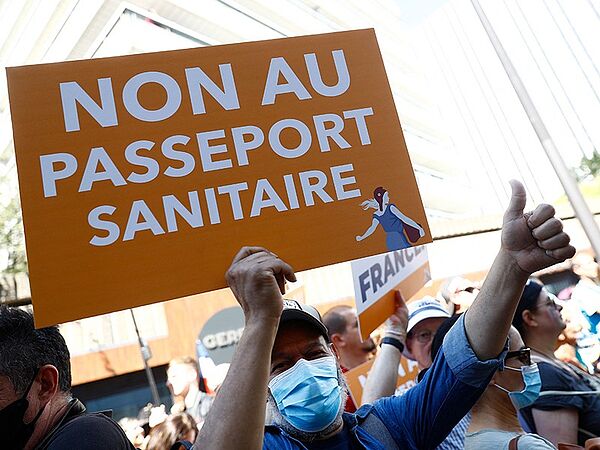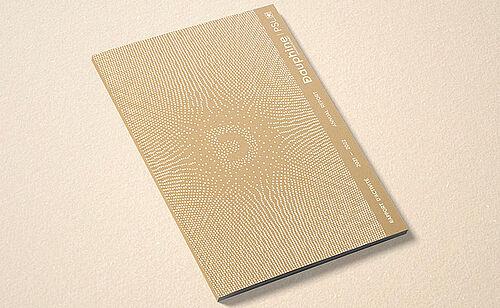The effect of COVID certificates on the front page of Nature

Initially published in January 2022 at the Conseil d'analyse économique (CAE), the study on "The effect of COVID certificates on vaccine uptake, health outcomes, and the economy" was carried out by researchers of Université Paris Dauphine - PSL (Université PSL), CNRS and Institut Pasteur: Miquel Oliu-Barton, Bary S. R. Pradelski, Nicolas Woloszko, Lionel Guetta-Jeanrenaud, Philippe Aghion, Patrick Artus, Arnaud Fontanet, Philippe Martin & Guntram B. Wolff.
After being peer-reviewed, the paper has been published on Nature Communications and featured in the prestigious scientific journal Nature.
Summary of the article
In the COVID-19 pandemic, governments have used various interventions, including COVID certificates to prove vaccination, recovery, or a recent negative test and required to access shops, restaurants, and education or workplaces. While arguments for and against COVID certificates have focused on reducing transmission and ethical concerns, the incentive effects of COVID certificates on vaccine uptake, health outcomes, and the economy has not yet been investigated. To estimate these effects, we construct counterfactuals based on innovation diffusion theory for France, Germany, and Italy. We estimate that the announcement of COVID certificates during summer 2021 led to increased vaccine uptake in France of 13.0 (95% CI 9.7-14.9) percentage points (p.p.) of the total population until the end of the year, in Germany 6.2 (2.6-6.9) p.p., and in Italy 9.7 (5.4-12.3) p.p. Further, this averted an additional 3,979 (3,453-4,298) deaths in France, 1,133 (-312-1,358) in Germany, and 1,331 (502-1,794) in Italy; and prevented gross domestic product (GDP) losses of €6.0 (5.9-6.1) billion in France, €1.4 (1.3-1.5) billion in Germany, and €2.1 (2.0-2.2) billion in Italy. Notably, the application of COVID certificates substantially reduced the pressure on intensive care units (ICUs) and, in France, averted surpassing the occupancy levels where prior lockdowns were instated. Varying government communication and restrictions associated with COVID certificates may explain country differences, for example, the smaller effect in Germany. Overall, our findings are more sizeable than predicted. This analysis may help to inform decisions about when and how to employ COVID certificates to increase vaccine uptake and thus avoid stringent interventions, such as closures, curfews, and lockdowns, with large social and economic consequences.
